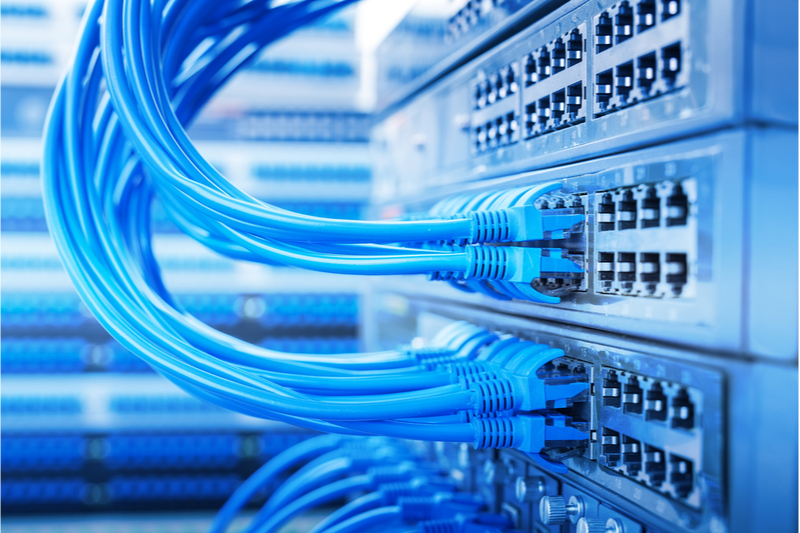How Often Should You Clean Your Appliances
Wondering how often you should clean different appliances in your home? This guide will tell you how often to clean everything from your refrigerator to your dishwasher.
Are you cleaning your appliances often enough? Or are you one of those people who cleans them once a year and thinks that's good enough? We're going to discuss how often you should really be cleaning your appliances, and give you some tips on how to do it properly. So read on to find out more.

Appliances That Should Be Regularly Cleaned in Your Home
Just like any other part of your home, your appliances need to be regularly cleaned in order to stay in good working condition. This not only helps to prevent repair bills, but it also keeps your home safe and clean. Below are some of the appliances that should be regularly cleaned.
-
The oven is one of the most important appliances to keep clean. Not only will built-up grease and grime make it more difficult to cook, but it can also be a fire hazard. To clean your oven, start by removing the racks and scrubbing them with soapy water. Then, use a non-abrasive cleaner to remove any build-up on the inside of the oven door. Finally, wipe down the outside of the oven with a damp cloth.
-
The refrigerator is another appliance that needs to be regularly cleaned. In addition to preventing bad smells, regular cleaning helps to keep food fresh and prevents cross contamination. To clean your fridge, start by removing everything from the shelves and discarding any expired items. Then, wash the shelves with warm soapy water and dry them thoroughly. Finally, wipe down the outside of the fridge with a damp cloth.
-
The dishwasher is another appliance that benefits from regular cleaning. Over time, food particles and grease can build up in the dishwasher, causing it to work less effectively. To clean your dishwasher, start by running an empty cycle with vinegar or baking soda. Then, use a toothbrush to clean around the seals and drains. Finally, wipe down the outside of the dishwasher with a damp cloth.
By taking the time to regularly clean your appliances, you can extend their life and keep your home safe and healthy.
What to Do if Your Appliance Breaks
If your appliance breaks, the first thing you should do is check to see if it is still under warranty. Many appliances come with a limited warranty that covers repair or replacement costs. However, these warranties typically only cover defects in materials or workmanship, not normal wear and tear. If your appliance is not under warranty, you will need to decide whether to repair or replace it. The cost of repair will vary depending on the type of appliance and the severity of the problem. In some cases, it may be more cost-effective to simply buy a new appliance. However, if your appliance is relatively new or otherwise valuable, repair may be the better option. When deciding whether to repair or replace an appliance, it is important to weigh the costs and benefits carefully.
Hiring a Professional Vs DIY
When appliances break down, it's tempting to try to repair them yourself. However, this can often be more trouble than it's worth. First of all, it can be difficult to figure out what the problem is. Even if you're able to diagnose the issue, fixing it may require special tools or parts that you don't have on hand.
And even if you're able to make the repair, there's no guarantee that it will hold up over time. Plus, if you don't know what you're doing, you could end up making the problem worse. For all these reasons, it's generally best to leave appliance repair to the professionals. They have the experience and expertise to get the job done right, and they can usually do it more quickly and efficiently than you could yourself. So instead of trying to fix your broken appliance yourself, save yourself some time and hassle by calling a professional.Professional appliance repair is absolutely necessary if one of your household appliances breaks down. A professional appliance repair services will be able to repair washing machines, refrigerators, ovens and more. Here is a list of appliances professional services can typically handle:
- Washing Machine
- Dryer
- Freezer
- Refrigerator
- Ice Makers
- Microwave
- Dishwasher
- Oven/Stove
- Exhaust Fan & Hood
- Garbage Disposal



